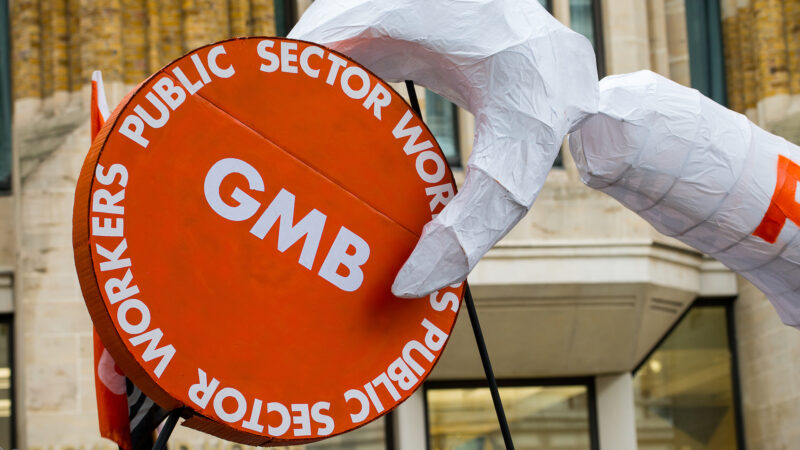
The GMB trade union, one of Britain’s largest and a key affiliate of the Labour Party, was found by an independent investigation last year to be “institutionally sexist”. Karon Monaghan QC’s report concluded that “bullying, misogyny, cronyism and sexual harassment are endemic” in the union. Some at the time remarked that this kind of probe should be applied to all parts of the labour movement. But has anything changed in the GMB thanks to the report? A number of staffers have reached out to LabourList to tell us they believe things are “worse”, not better.
LabourList can reveal today that a group of women working at the GMB have lodged a formal dispute with the organisation, as they say the grievances of female staffers are not being heard fairly. Complaints about the senior management are considered by… a member of the senior management team. GMB women have also told LabourList that they are worried about the future of the union: Gary Smith, the frontrunner general secretary candidate, is eligible for the race despite being the subject of bullying complaints. He has not responded to a request for comment.
A GMB spokesperson told LabourList that any suggestion the union has not taken action or has denied an employee their right to agreed procedures is “wrong”, “misleading”, “unfounded” and “being used to damage the union”. Their full response is included in the write-up. Women have been in touch to note that these procedures – and the union’s structures – are the ones that were so strongly criticised by the Monaghan report in September.
Also on LabourList today, Labour health lead Jonathan Ashworth has written a piece on the era of pandemics to mark World Health Day. The Shadow Health Secretary, who tells me he spends all his time reading scientific papers about Covid these days, recently delivered a speech on the importance of resilience and preparing for future pandemics. His latest LabourList piece explores this further and shows that these aims tie together lots of other policies, particularly around a green recovery, which could be a very useful way of framing the party’s offer.
Sign up to LabourList’s morning email for everything Labour, every weekday morning.



More from LabourList
Almost half of Labour members oppose plans to restrict jury trials, poll finds
‘How Labour can finally fix Britain’s 5G problem’
‘The University of the Air – celebrating 60 years of Harold Wilson and Jennie Lee’s vision’